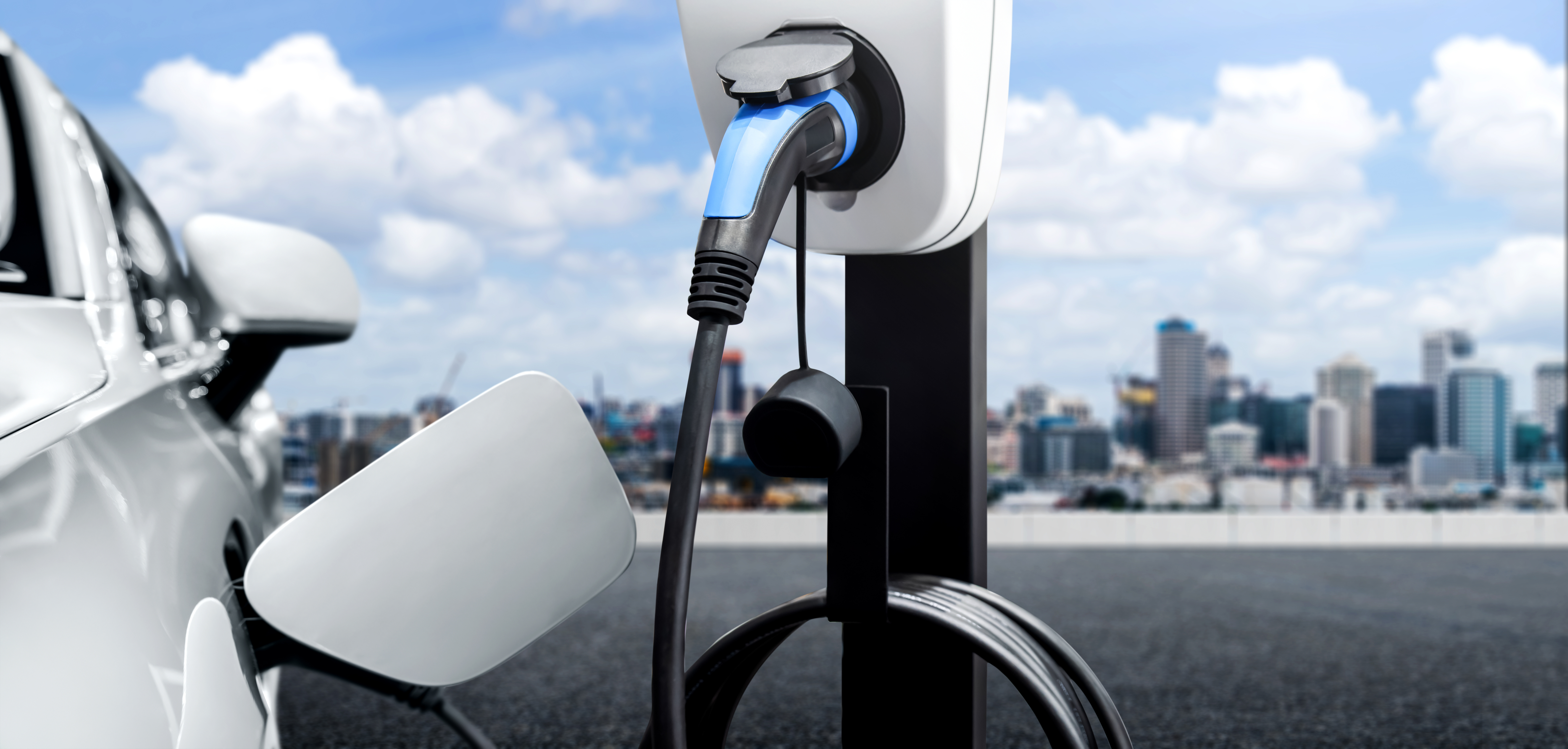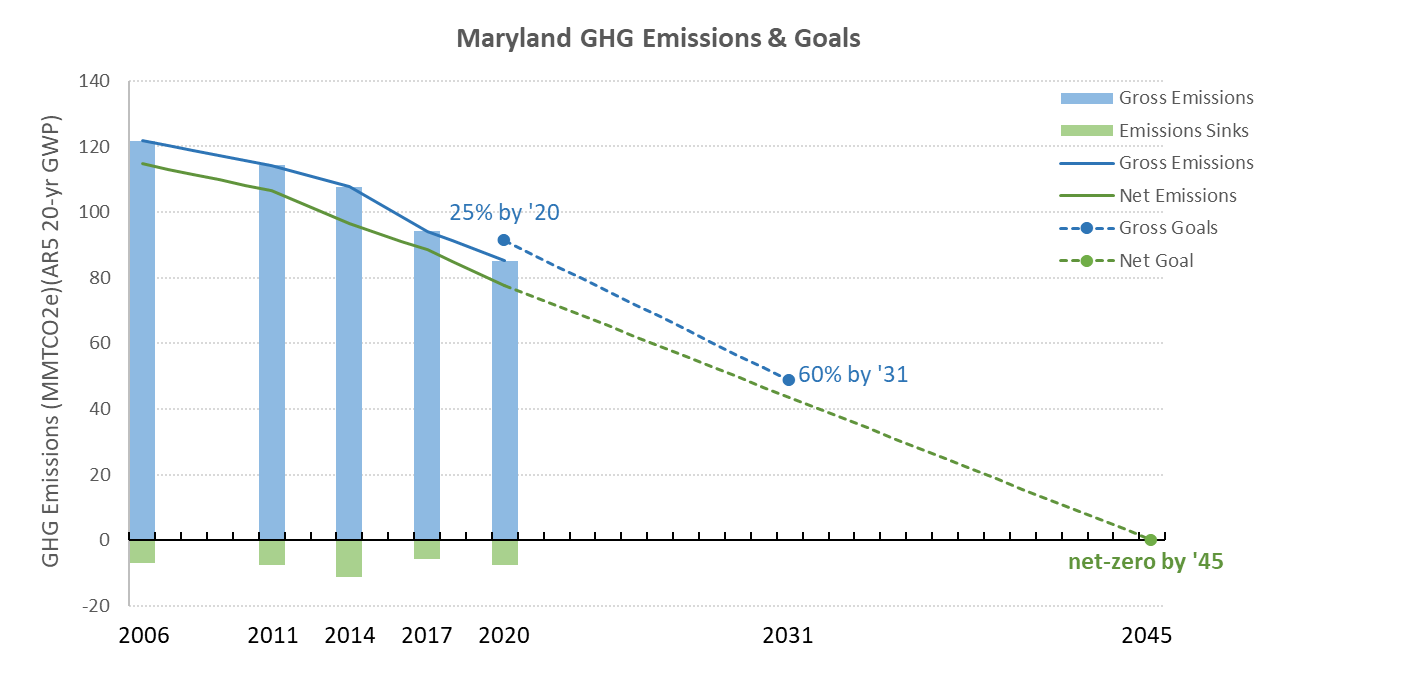What is Advanced Clean Cars II
Advanced Clean Cars II (ACC II) builds on Maryland's existing Clean Cars Program to require manufactures to continuously increase the share of vehicles they sell that are electric - reaching 100% of passenger car and light truck sales in model year 2035.
ACC II relies on currently available advanced technologies, including battery-electric, hydrogen fuel cell electric and plug-in hybrids electric vehicles.
.png)
By adopting ACC II in 2023, Maryland's regulation will apply starting in model year 2027.
ACC II also includes increasingly stringent standards for gasoline cars and heavier passenger trucks to continue to reduce smog-forming emissions.
Health Benefits to All Marylanders
ACC II will substantially reduce air pollutants that threaten public health, especially in overburdened and underserved communities that are disproportionately exposed to vehicular pollution.
Between 2027 and 2040, ACC II will deliver additional vehicular emission reductions including:
- 5,978 tons of nitrogen oxides (NOx), a precursor to ground-level ozone;
- 585 tons of particulate matter (PM 2.5), a significant respiratory irritant;
- 76.7 million metric tons of vehicular and power plant carbon dioxide (CO2), a potent driver of climate change.
By 2040, these reductions will provide a collective net health benefit equal to $603.5 million dollars per year due to decreases in respiratory and cardiovascular illness and associated lost work days.
All electric light-duty vehicles in Maryland annually emit approximately three quarters fewer tons of CO2 into the atmosphere compared to gasoline vehicles.
Economic Benefits to All Marylanders
Maryland is taking a multi-faceted approach to ensure the move toward zero-emission vehicles (ZEVs) under ACC II is equitable.
Currently, the average American saves $1,500 per year on fueling costs when switching from a gas-powered vehicle to an electric vehicle.
ACC II leverages state and federal incentives for ZEVs, additional measures ensure that ZEVs increasingly meet the needs of all drivers, and more directed equity actions from private industry.
Maryland increase investments in building charging infrastructure in the places where we live and work while providing more green jobs to Marylanders.

Maryland's Bold Actions on Climate Change
Maryland has set the most aggressive near term greenhouse gas (GHG) emission reduction goal of any state in the nation.
Under the Climate Solutions Now Act (CSNA) of 2022, the state must now reach a 60% reduction in GHG emissions from 2006 levels by 2031 and net-zero emissions by 2045.

Maryland Department of the Environment is leading the states climate mitigation plan, detailing required policy pathways to achieve our ambitious GHG reduction goals.
ACC II is a critical part of the state's efforts to reach our climate targets.
This Administration is also dedicated to a clean energy economy, ensuring Marylanders benefit from 100% clean renewable energy sources by 2035.
To achieve these goals, substantial investment in and deployment of clean wind and solar projects will provide new jobs and economic development for the State.